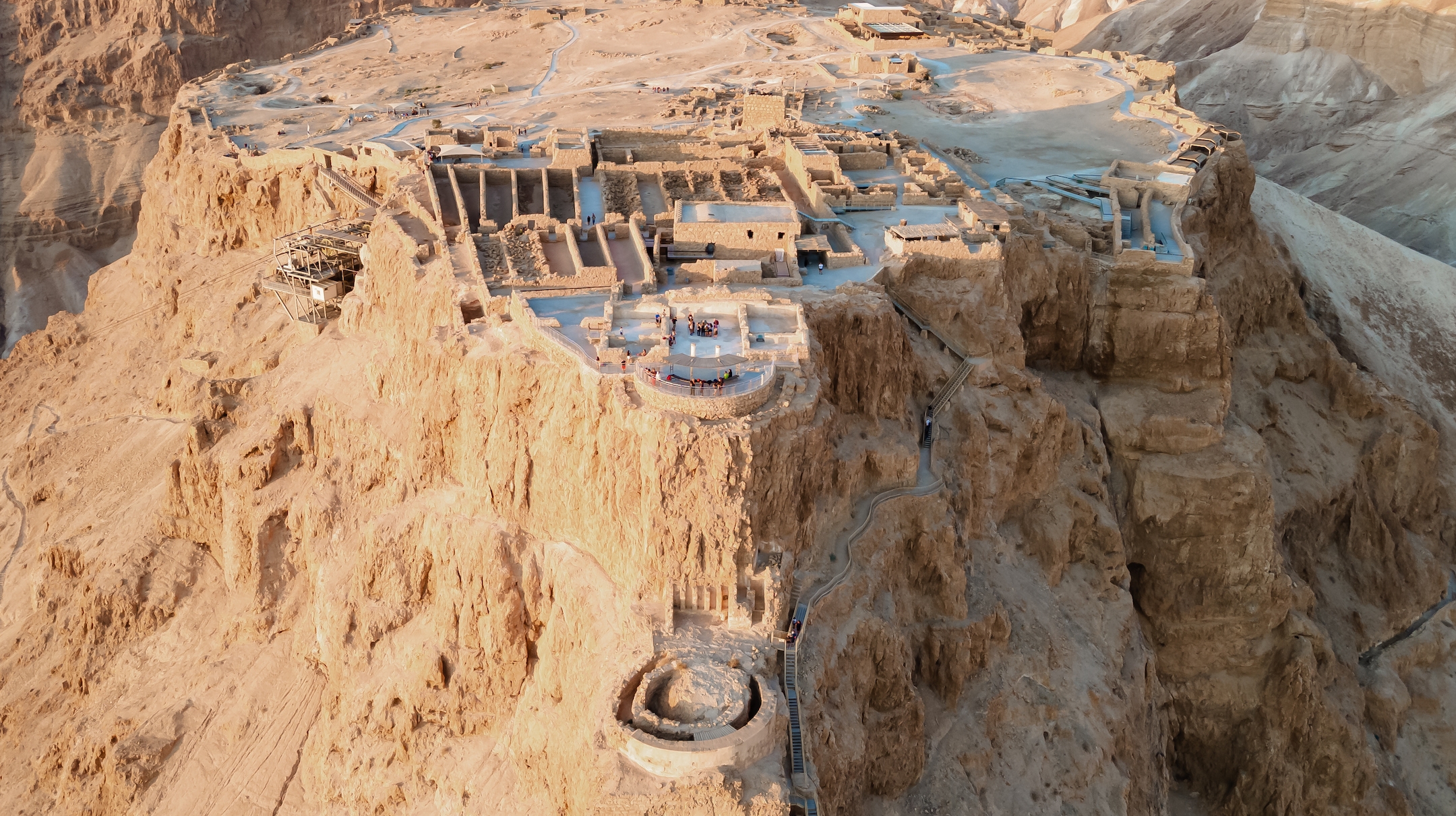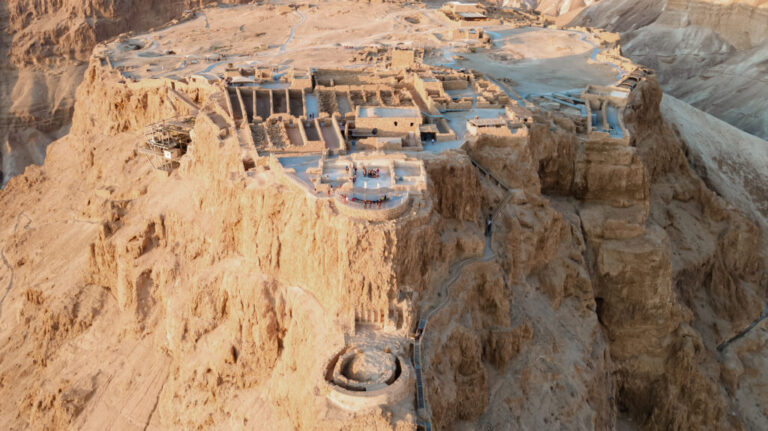
The story of Masada is ingrained in Jewish history: A group of ancient Jews held out against Roman forces in a desert fortress.
Recent research from Tel Aviv University challenges the long-standing belief that the siege of Masada lasted for three years. Using drone technology and 3D modeling, researchers now suggest that the siege only lasted between four and nine weeks.
Flavius Josephus, the Roman-Jewish historian, provided the main account of the siege, detailing a prolonged resistance before the Jews ultimately committed suicide to avoid capture by the Romans.
Lead researcher Guy Stiebel stated, “The duration of the siege is a major element in this narrative, suggesting that the glorious Roman army found it very difficult to take the fortress and crush its defenders.”
The researchers utilized drones and modeling to analyze the Roman siege system, focusing on the construction of walls and camps surrounding Masada. Their findings indicate that the siege likely lasted no more than several weeks.
Masada has played a significant role in Israeli identity, with the site being a popular tourist destination and a symbol of Jewish resistance. The fortress was a refuge for Jewish zealots during the First Jewish Revolt against Rome, culminating in a tragic end as described by Josephus.
Contemporary scholars have also questioned Josephus’ account of a mass suicide at Masada, suggesting that it may not be entirely accurate.

